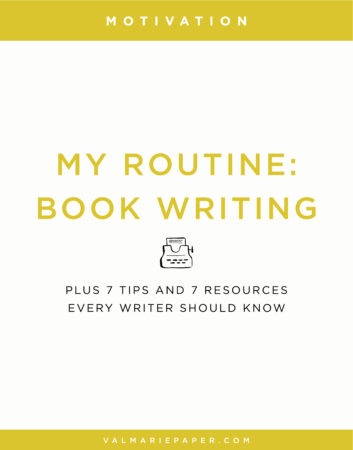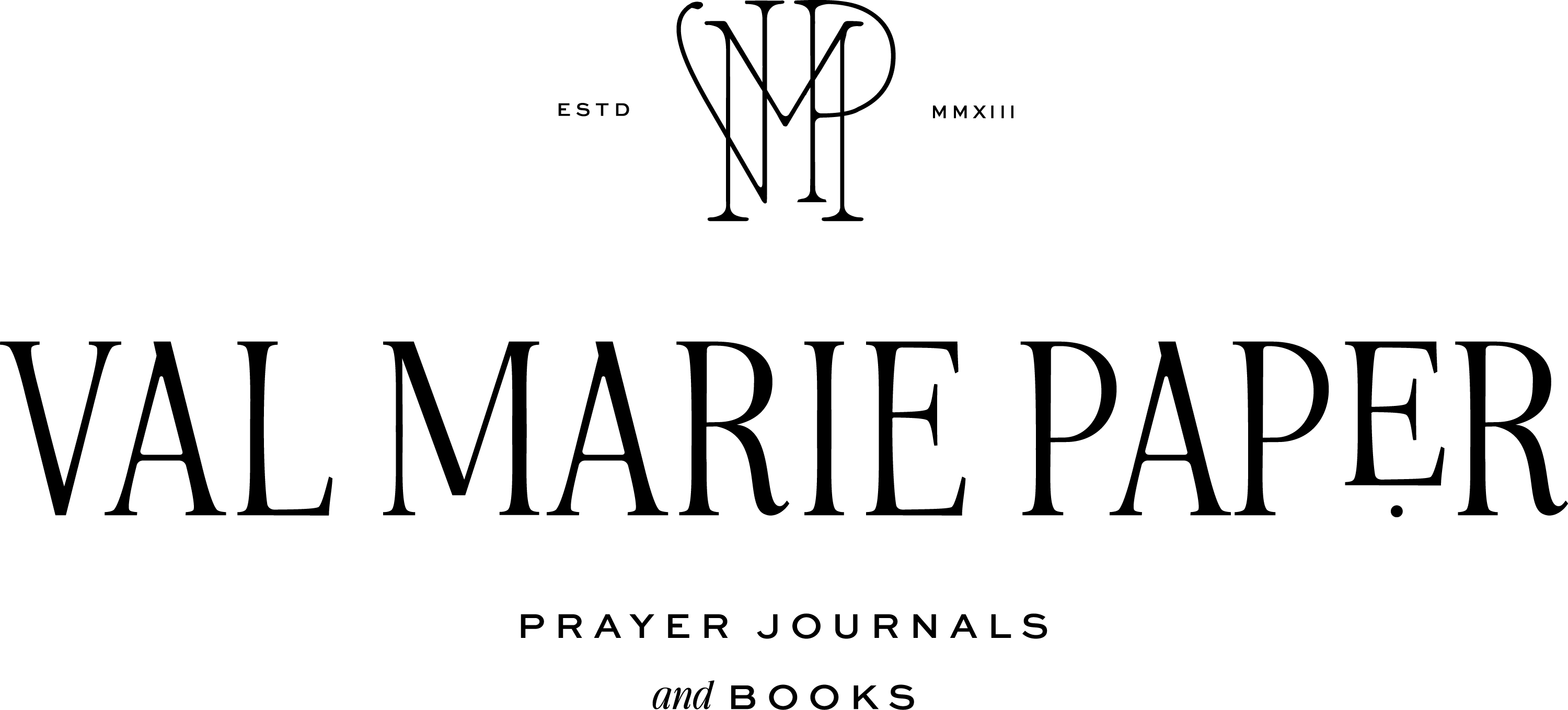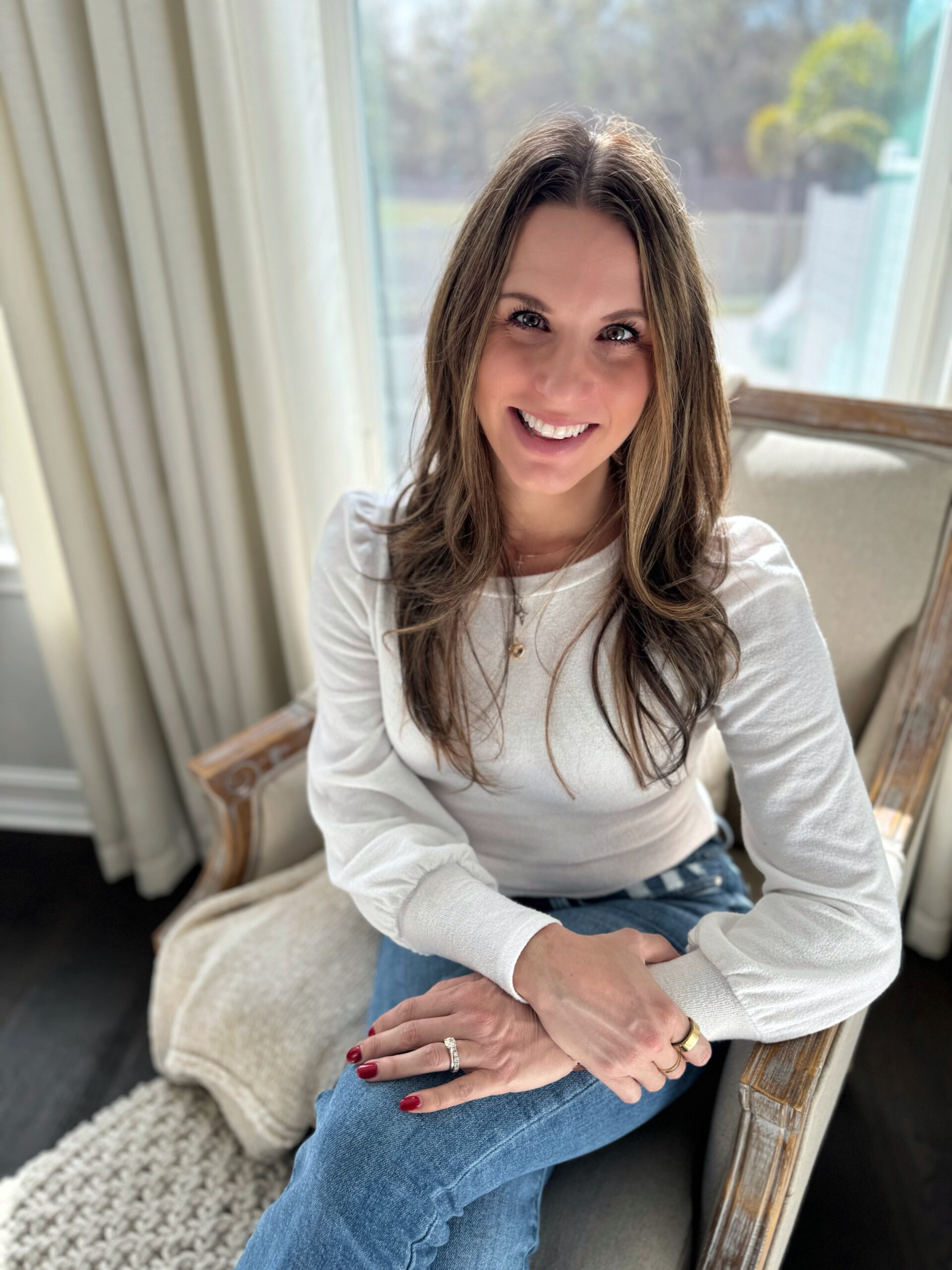I’m more than half way into my writing of Grumpy Mom Takes a Holiday and heaven help me, when you write a book about how to inspire moms to live beyond stereotypical motherhood, you WILL be tested in every possible way. It’s honestly provided tons of great material for the book and the Lord is teaching me so much!
This book writing process has been very different from the first. The first, I wrote in 7 weeks and had a few hours in the morning and a few hours each night and spent several workdays on it. I had one kid and she slept till 8, went to school 3 days from 9-2 and went to sleep at 7. My time is much more limited but last month I was still able to manage writing 16,000 words in the margins of time so I thought it would be fun to share what the process is looking like this time. I also wanted to share some tips and resources that will hopefully encourage any of you who have a book in you to know it is possible, even with a full, noisy house!
 MY ROUTINE
MY ROUTINE
- 2-3 days a week, I’ll go to the coffeeshop to write from about 7-9. My husband graciously goes to work a little late these two days and he gets extra play time with the girls during the week so it’s a great payoff for both of us!
- I actually leave the house around 6:10 and go to the gym for a quick 30 minutes to get my mind unfoggy and clear.
- From the gym to the coffeeshop, I pray that the Lord would empty me of the words I want to say and ask Him to fill me up with what He wants me to share.
- Then I write! 😃
- If I have ideas other times of day, I don’t grab my laptop mainly because I’ve got the girls most of the time and don’t want to try to do such precious work in their company. I know ideas won’t flow well in that environment so I make a note on my phone and check it when I have a writing session.
TIPS
1. Read. Read books. Read magazines. Read off-topic. Read on-topic. Reading gets my wheels turning like crazy. I notice in seasons I don’t read much, I rarely have much to say. Along these lines, I made a list on Amazon called Grumpy Mom. It’s the books I want to read during this process. Y’all know I love sharing other resources on each chapter of the book in The Finishing School. I’ll do the same for this book. I love being able to share highlights from tons of great resources but also share what is helpful if you want to read more than 10 pages on a given topic.
2. Create a note of writing to-dos. I have a list that says things like:
- SEASONS CHAPTER – look up Joshua 85:13 (that’s made up by the way)
- FLEXIBLE CHAPTER – quote from Elisabeth Elliot’s Discipline, page 400
It has been so nice to have starting points when it’s time to write. I am not having to go back to the chapter I was writing on and reread it all and just tack on more words to it. That will happen when I edit of course but this helps me jump right in which is essential since I rarely have more than 2 hours to work.
3. Write a proposal even if you aren’t looking to publish traditionally. Writing a proposal makes the actual book writing process so much easier! You set up a framework and know what your doing so when you sit down write, you aren’t throwing noodles at the wall to see what sticks. It is the best guide as you write!
4. Track how many words you typically write in an hour. Some writers may cringe at this because it’s not quite so simple as writing a certain amount of words every hour, but I found that most days, I wrote the same amount of words with the same amount of time. There have been a few days where the content was trickier or I wasn’t as focused and I wrote less, but it’s been nice to have a good estimate especially as I plan out how much time to plan to write the rest of the book.
5. Enjoy the process of writing. For The Finishing School, I was looking forward to book cover and launch. Even while writing, that’s the point I longed to get to. But writing really is the fun part. The rest is great too, but I’m enjoying the writing process right now so much more as I simply acknowledge that this is why I’m so grateful to get to be an author, to write.
6. Figure out your writing personality. Do you write best at night or in the morning? Do you like to write for 8 hours a day, take a break for a week and then come back to it? I personally, need to be writing every few days. When I disconnect for too long, it takes so much energy to get in the flow again. This helps
7. Create a rhythm of writing. I have three spots I love to write. None are in my home. And honestly, I don’t think I could really write well at our dining room table where I work most days or in bed. My spots are two are coffeeshops and my screened-in porch. When I’m in these spots, I know it’s writing time. I don’t bring other work with me either. Just what is needed to write. Below are a bunch of the resources that help get me into my rhythm of writing time!
RESOURCES
1. Scrivener – this is an Apple app that you write in. It makes it super easy to bounce from chapter to chapter, find words, create “notecards” for each chapter and more. I also have files for extra content, the outline, to do, bibliography and more. Here is a screenshot of how mine is setup.
2. Hope Writers group – This group is invaluable for Christian authors. There is a ton of info on the blog and podcast, but there is also a Facebook group to ask questions and get feedback from people who are in the trenches with you and some that are a little further ahead. I would also listen to their podcast while I was on the elliptical before I had a writing session and it just put me in the mindset of being a writer instead of weary mom just pecking at her keyboard. That confidence as you start writing is priceless!
3. Thesaurus – splurge on the real thing. I decided to look up words that show up a lot in the book (i.e. the word stereotype) and read it to expand my vocabulary. I even highlight words I like. In the past, I’ll use my thesaurus after writing sentences which I think is common for authors to do, but I love getting the words in me beforehand so they flowed a bit more effortlessly.
4. Bird by Bird by Anne Lamott – I am reading this now and similar to the Hope Writer’s podcast, it puts me in a creative space.
5. Book Launch Podcast – For the marketing side, Tim Grahl’s podcast is great!
6. Felix Gray glasses – This is by no means a necessity and I think there may be a setting on your company that negates the blue light, but these glasses have been a part of my routine that put me in a focused frame of mind. (Punny, huh?) Blue light strains our eyes and if you work on your computer late at night, it messes with your sleep. I opted to get the magnification added and it sharpens things a bit and has really helped. I used to feel like everything on a screen was hard to focus on.
7. BetterBack – Sitting at a desk is rough on the back. This little gadget helps your posture. I haven’t used this longterm but it does force me to sit up straight. Another resource I’d recommend: massages as a reward for different milestones. Manuscript complete? Editing done? Plan a massage afterward!
Writers, do y’all have any other tips or favorite resources?? I’d love to hear them!!











Leave a Reply
Comments (0)